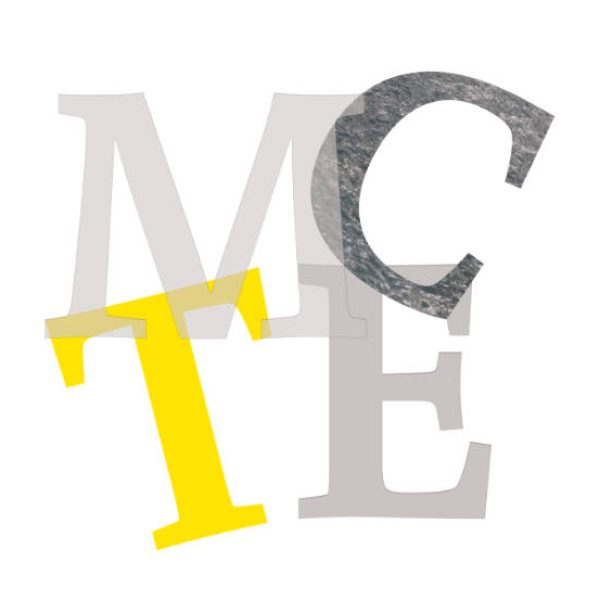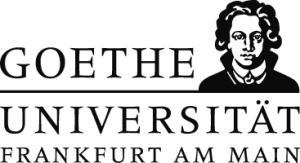Moving Cultures, Transcultural Encounters
Concepts of Development in Postcolonial Kenyan Writing
Do. 01.02.2018, 18:00 – IG 4.201
In his seminal work on the colonial origins of developmentalism in Africa in the first half of the 20th century, Frederick Cooper proposes that at its very roots there is a problem of knowledge. Colonial officials approached social phenomena with a specific gaze, one that thought that European solutions are applicable anywhere in the world. This problem of knowledge did not disappear with the end of colonial rule. Rather, it went into the post-colonial governance of processes of social and economic change in Africa and was re-inforced through international institutions and organisations in development politics and planning. This ‘not-knowing-enough’ or ‘not-knowing-the-right-things’ runs through the history and critique of development research and planning.
The habilitation project presented in this talk engages with the issue of knowledge in discourses and politics of development, by looking at them through the lens of Kenyan writing. I am interested in how writers from a country that has been a watershed for the international development industry for the wider region of East Africa have witnessed, experienced and shaped what the Latin American anthropologist Arturo Escobar (1991; 1995) has termed the ‘development encounter’ in his deconstruction and critique of Western-dominated epistemologies and practices in global development politics. My purpose is to understand a part of global history and of the history of globalisation through the stories told in fiction and life writing. The fundamental questions which inform this investigation of versions and subversions of development discourse in fiction are: How do we know about social and economic change? Who defines what change is, what change means, and for whom?
Martina Kopf is lecturer in African Literature Studies at the University of Vienna. She is the author of Trauma und Literatur: Das Nicht-Erzählbare erzählen – Assia Djebar und Yvonne Vera.


